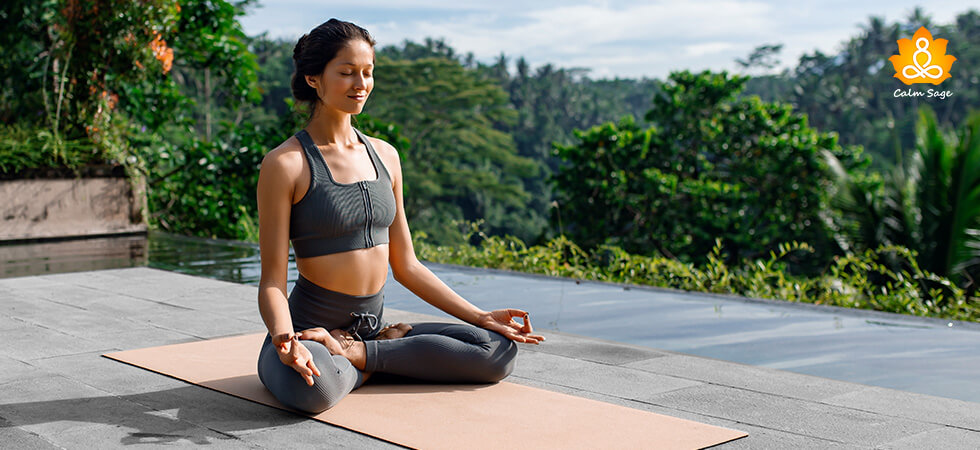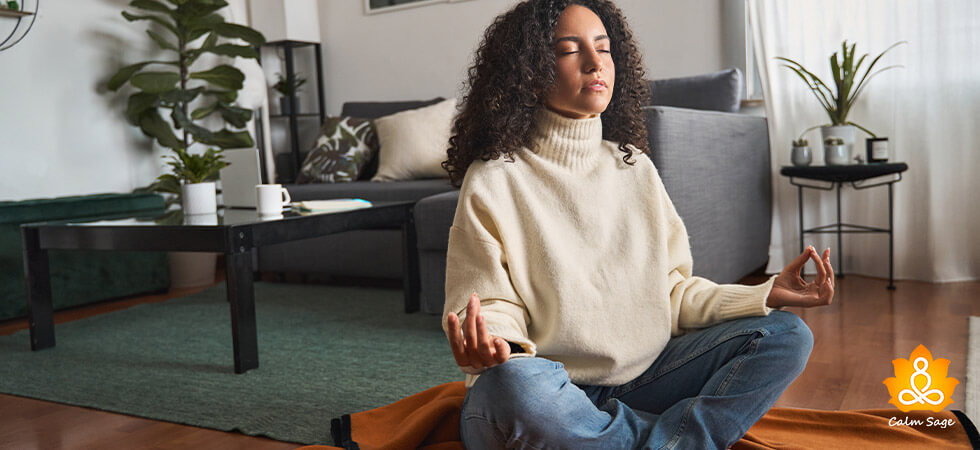What is Vipassanā Meditation: Benefits & How To Practice It
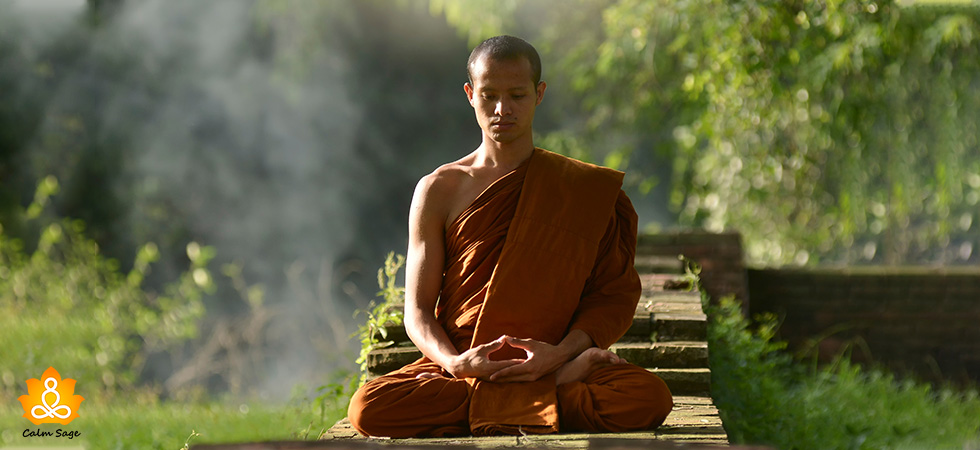
Meditation is one of the most relaxing exercises you can practice. Meditation can help you just not reduce stress and anxiety but it can also help induce relaxation, improve focus, and promote mindfulness. While there are different types of meditation and many ways to meditate, there is one technique that we’ll explore in this article.
Vipassana meditation, also known as insight meditation or mindfulness meditation, is a Buddhist and Indian meditation technique that enhances mindfulness. In this article, you’ll read what vipassana meditation technique is, what the benefits of vipassana meditation are, and how you can practice it.
So, let’s get started.
What Is Vipassana Meditation?
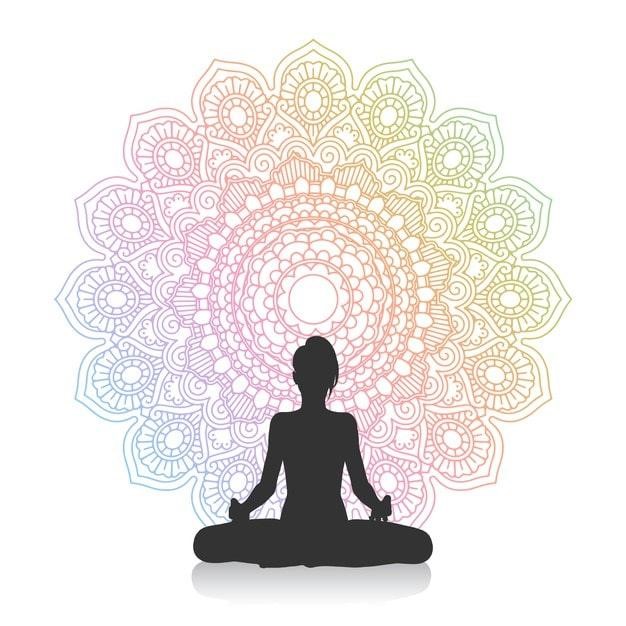
Vipassana, the word, is derived from the Pali language which means “special seeing”. It can also be translated as “insight” or “clear-seeing”. Vipassana meditation involves self-observation of your thoughts and emotions as they are without judgment.
Unlike other meditation techniques such as pranayama or visualization meditation, vipassana meditation aims at simply observing your inner Self instead of trying to control your thoughts and emotions.
The goal of vipassana meditation is to:
- Help you quiet your mind
- Help you stay in the present moment
- Help you accept your thoughts and emotions as they are
- Help you not dwell on your past experiences
- Help you worry less about the future
Top 5 Benefits Of Vipassana Meditation
Vipassana benefits our overall well-being as other techniques of meditation do. Some of the long-term benefits of vipassana meditation can be:
1. Reduces Stress
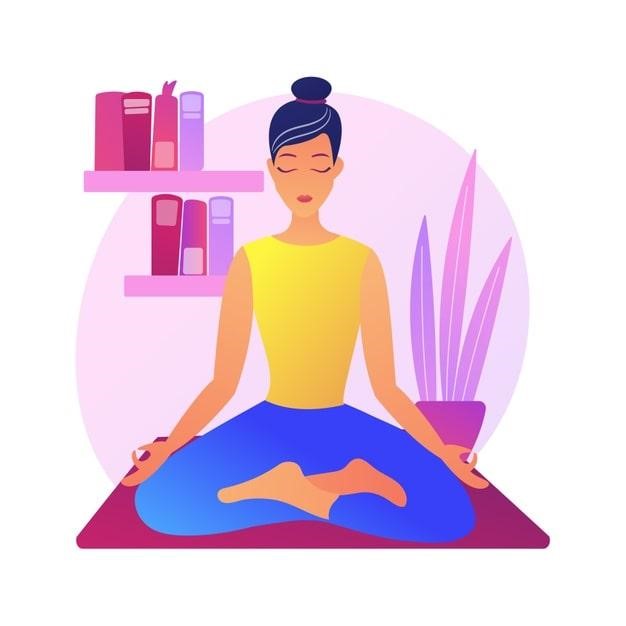
Like other meditation techniques, one of the vipassana long-term benefits is that it helps reduce stress. Vipassana meditation is about self-observation of your thoughts and emotions, so practicing this meditation can help you:
- Increase mindfulness
- Promote self-kindness
- Improves well-being
Regularly practicing vipassana meditation can teach you the tools with which you can combat stress and learn to live with less stress and regrets.
2. Reduces Anxiety
Other than helping reduce stress, vipassana benefits include reducing the symptoms of anxiety as well. In a study, it was found that people who practiced vipassana meditation had lower levels of anxiety and depression, unlike others. When we are anxious, our thoughts consume our minds but with the help of vipassana meditation, we can learn to pull our mind away from our thoughts, thus reducing anxiety.
3. Improve Mental Well-Being
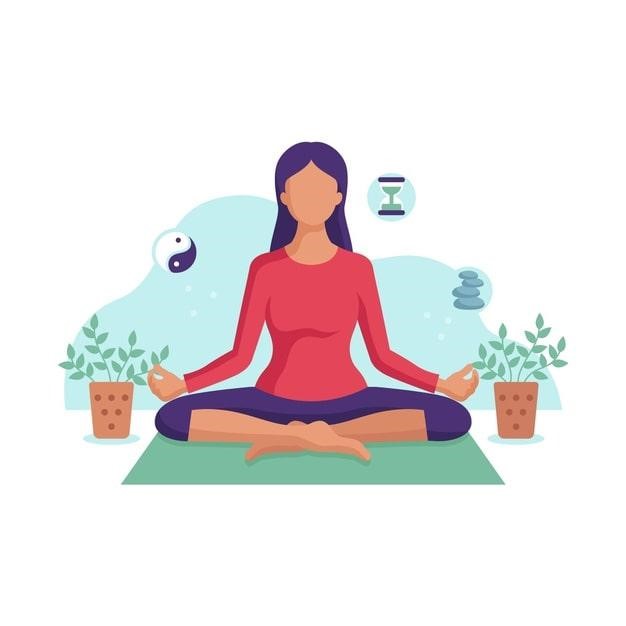
Practicing Vipassana meditation can also help in improving your mental well-being. Vipassana can help increase:
- Self-awareness
- Self-acceptance
- Self-growth
- Self-worth
- Positive relationships with others and self
4. Helps Rewire Your Brain
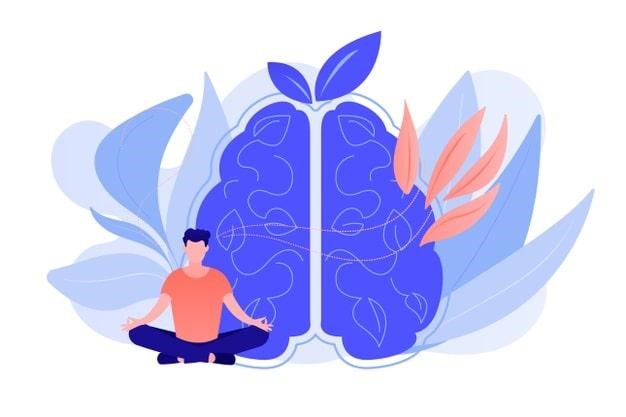
In another study, it was found that practicing vipassana meditation can help increase brain plasticity, i.e, the ability of the brain to change and adapt. Too much stress can negatively affect our brain plasticity while paying attention to our thoughts and emotions as they are can improve our brain plasticity.
5. Treats Addiction
People with substance addictions can benefit from vipassana. Mindfulness practice such as vipassana can help by reducing thought suppression (conscious attempt to stop thinking a particular thought). Thought suppression is said to increase substance craving and can make self-control difficult. With mindfulness meditation, one can learn to manage addiction. However, there aren’t many studies on the link between Vipassana meditation and addictions.
How To Practice Vipassana Meditation
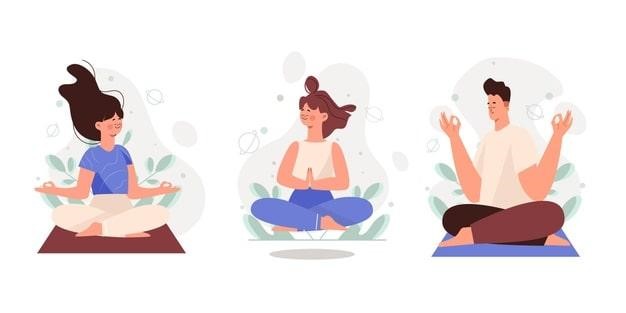
You can practice vipassana meditation easily at home if you simply follow these steps:
Step 1: Choose a quiet and peaceful place to sit, preferably with no distractions.
Step 2: Sit in a straight posture, preferably on the ground on a mat. Sit in a cross-legged position with your spine tall and relax your body.
Step 3: With your eyes closed, breathe normally and keep your focus on what you’re feeling as you inhale and exhale.
Step 4: Keeping your attention on your inhale and exhale, observe your thoughts, emotions, and feelings without any reaction or judgment.
Step 5: If you get distracted, try to observe the source of your distraction and slowly move your focus on your breathing.
Step 6: Keep doing this for at least 5-10 minutes. Once you’re comfortable with the meditation technique, you can try increasing your duration to 15-20 minutes and so on.
Additional Tips For Beginners To Vipassana Meditation
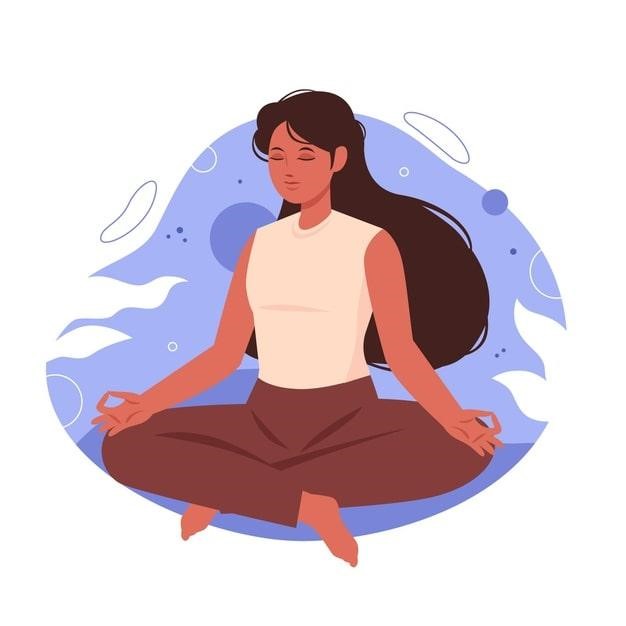
If vipassana meditation is new to you, you can keep these tips in mind to get an easier start on your meditation:
- Listen to step-by-step instructions on how to practice vipassana meditation on YouTube. Listening to a tutorial can help you get a sense of the practice.
- If you’re not comfortable doing vipassana on your own, then you can reach out to yoga studios and centres to get started. Many meditation centres offer a 10-day course for beginners.
- If you’re practicing vipassana meditation at home, on your own, then it is suggested that you set a timer for the first few sessions.
- In case of distraction, try switching off your phone for the duration of the meditation.
- Meditation is not easy when you’re getting started. Don’t worry about failures, it takes time to practice and learn meditation. Be patient with yourself and don’t judge yourself if you fail in the first few sessions.
Also Read: Simple Mindfulness Exercise For You To Try (Beyond Meditation)
Final Thoughts
Vipassana Meditation is a traditional Indian and Buddhist mindfulness meditation practice that involves self-observation of one’s thoughts and emotions as they are without judgment. Vipassana benefits your overall wellness. Practicing vipassana can have long-term benefits such as reduced stress and anxiety.
If you’re new to vipassana meditation, you can start by following the above-mentioned steps. Remember to be patient and keep your sessions short, around 5-10 minutes, if you’re a beginner to meditation.
I hope the above information helped you understand what vipassana meditation is and the benefits of vipassana meditation on your mind and body.
You can always connect with us on our social media pages or write to us at info@calmsage.com.







